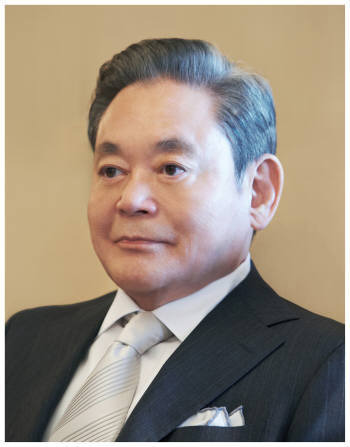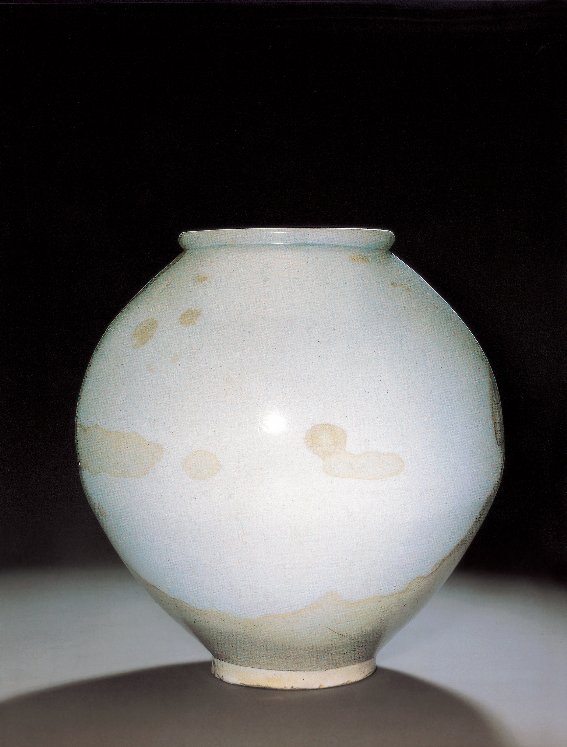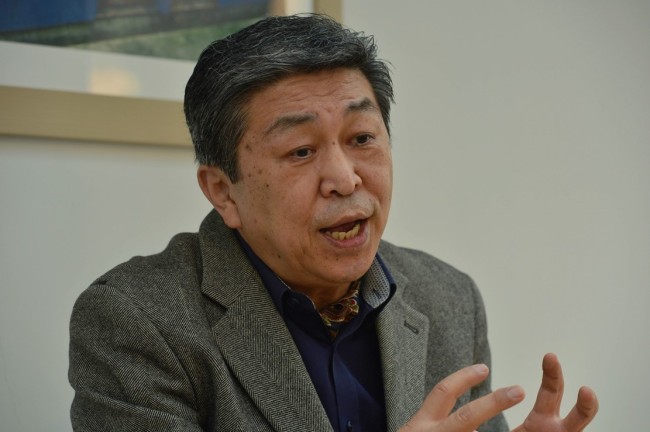Samsung Group chairman Lee Kun-hee is known as Korea’s most powerful and the wealthiest business tycoon, but he is also an avid art collector – a side of the man not well-known to the public.
Samsung’s chief is currently the largest private holder of artworks in the nation, with more than 150 national treasures in the company’s Ho-Am Art Museum and Leeum museum.
“Lee learned how to collect art pieces from his father Lee Byung-chul, the founder of Samsung,” said Lee Chong-sun, who worked as a director for Samsung’s two museums for two decades, in an interview with The Korea Herald. He recently published a book titled “Lee Collection” featuring Samsung’s art collections.
 |
Samsung Group chairman Lee Kun-hee |
According to Lee Chong-sun, Samsung’s founder began collecting art while mingling with other businessmen when he ran Samsung Trading in Daegu – where Samsung Group originated. He also enjoyed filling his house with oriental paintings and calligraphies, the author said.
“Although Lee Byung-chul was an avid art collector, he did not rush into buying something and did not even show any interest in artworks rumored to be too expensive,” said the author, who joined Samsung in 1976 to supervise the founder’s creation of Ho-Am Art Museum after studying archeology at Seoul National University.
Unlike his father, the third son Lee Kun-hee, however, was a big spender in attaining top-tier art collections.
“(His) collecting style was much bolder. When he was told that an art work is a masterpiece by specialists, he purchased it right away without even asking prices,” the author said, adding that conglomerate families share one thing in common.
“Compared to the self-made, who are cautious and meticulous in spending, their sons and grandchildren whose wealth is inherited are much bolder in spending to get what they want,” the archeologist said.
Apart from the arts, Lee Kun-hee opted for luxuries in everything from super cars to golf clubs and even horses for riding.
“Samsung’s holding of more than 150 national treasures is in line with Lee Kun-hee’s love for luxury items,” said Lee Chong-sun.
 |
The moon-shaped jar exhibited at Samsung’s Leeum Museum (Gimmyoung) |
Collecting national treasures had actually started as part of a “new management initiative” in Samsung in 1993, stressing the shift of the company’s philosophy from quantity to quality. The initiative also applied to collecting art, and Samsung launched a project to collect 100 national treasures to increase the quality of the company’s art collection.
The project laid the foundation for the creation of Samsung’s second museum Leeum in Seoul. Hoam museum is in Yong-in on the outskirts of Seoul.
The 27,700-meter Leeum houses many luxury art and masterpieces. Among the highlights is a 44-centimeter-long and 42-centimeter-wide moon-shaped jar.
 |
Lee Chong-sun, the author of Lee Collection (Yoon Byung-chan/The Korea Herald) |
Lee Kun-hee purchased the jar upon being persuaded by Lee Chong-sun in the 1980s. It was later designated as a national treasure and the value of the jar has now gone up more than 20 times from its original price.
Lee Kun-hee once said, “One masterpiece can raise the entire status of the collection.” It is this love for luxury that has turned Samsung into one of the largest art collectors here, said Lee Chong-sun.
By Shin Ji-hye
(
shinjh@heraldcorp.com)










